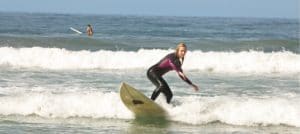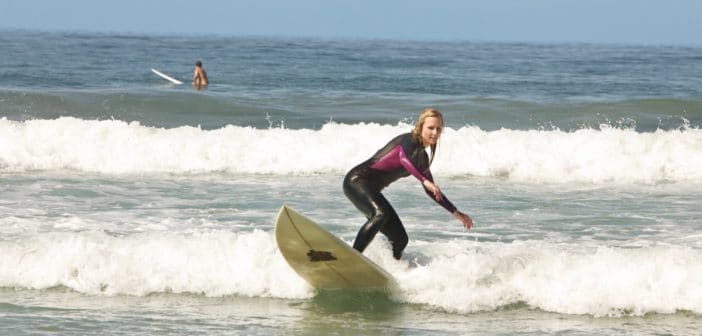 Anyone who has grappled with addiction in themselves of a loved one knows that when a person with substance use disorder decides they’re ready for help, time is of the essence. Getting connected with treatment before fear takes hold or someone changes their mind can be lifesaving.
Anyone who has grappled with addiction in themselves of a loved one knows that when a person with substance use disorder decides they’re ready for help, time is of the essence. Getting connected with treatment before fear takes hold or someone changes their mind can be lifesaving.
That’s why Asana Recovery, which offers detox, residential treatment and an outpatient program in Costa Mesa, California, has an expedited intake process that allows new clients to walk through the doors within 30 minutes of making a phone call and to see a doctor the same day, seven days a week. The recovery center even has a driver on-call at all hours to help with pick-ups.
Expedited intake is just one feature that sets Asana Recovery apart, according to Mark Shandrow, CEO of Asana. The treatment center also focuses on making sure that each client experiences treatment that works for them.
“The ‘Asana Way’ focuses on providing personalized and comprehensive treatment plans for both men and women in recovery,” he said. “It embodies our forward-thinking approach to the treatment of addiction, pairing traditional and alternative methods, and serving all clients with compassion, while providing appropriate structure and practicing essential values in work and in play.”
Asana has 12 inpatient beds and 12 outpatients slots available. This size appeals to many people who want an intimate recovery experience, but access to a variety of treatment resources.
“The size is ideal for clients wanting individualized attention but also value dynamic group sizes and a variety of clinical programming,” Shandrow said.
Through discussion and activities, clinicians at Asana focus on instilling the values of gratitude, stewardship, mindfulness, creativity and teamwork, he added.
Clients can come into Asana at various stages of recovery. Many need to detox from opioids, alcohol or other substances, and the providers at Asana aim to make that process as painless as possible using the latest innovations in Medication-Assisted Treatment (MAT), as well as unconventional approaches to ease the burden of withdrawal.
“Non-traditional detox protocols are often implemented to better match each client’s uniqueness,” Shandrow said.
Once a client is done detoxing, therapy begins to help them address the underlying issues that have helped cause their addiction. Individual and family counseling sessions as well as group therapies help clients identify what is contributing to their addiction and make plans to address those issues in order to stay sober long term. Therapists use Cognitive Behavioral Therapy (CBT), Dialectical Behavioral Therapy (DBT), and Eye Movement Desensitization and Reprocessing (EMDR) to help facilitate this.
In addition to these therapeutic approaches, Asana takes a holistic approach to wellness, focusing on how diet and exercise can contribute to healing.
“Mindfulness, physical exercise and healthy eating are incorporated into daily treatment programming,” Shandrow said. “Most meals are prepared by an on-site chef with a focus on replenishing basic vitamins and minerals. The nutritionist provides dietary analysis, consulting and meal preparation training.”
Clients can exercise daily at a level that suits them, whether that means walking along the beach or training with personal trainers who work at the treatment center.
The program, which also includes 12-step and SMART recovery meetings, is designed to help clients begin the stages of building a productive and worthy life, Shandrow said.
When clients are ready to leave the treatment center, clinicians work with them to formulate a detailed aftercare plan to help them stay successful.
“Everyone that discharges from Asana Recovery is provided a detailed list of their next steps to achieve their goals and maintain their sobriety, steps that include family, work, health and spiritual goals and objectives,” Shandrow said.
Although many treatment centers require a certain level of disconnect while a client is in treatment, Asana Recovery will work with people who want to undergo treatment with their partners, and even those who would like to bring pets with them. If approved, clients can have their phones and laptopsin order to stay connected with their day-to-day life while they work to improve their futures.
Asana Recovery offers residential and outpatient treatment in Costa Mesa, California. Learn more by calling 949-438-4504.
Sponsored DISCLAIMER: This is a paid advertisement for California Behavioral Health, LLC, a CA licensed substance abuse treatment provider and not a service provided by The Fix. Calls to this number are answered by CBH, free and without obligation to the consumer. No one who answers the call receives a fee based upon the consumer’s choice to enter treatment. For additional info on other treatment providers and options visit www.samhsa.gov.




